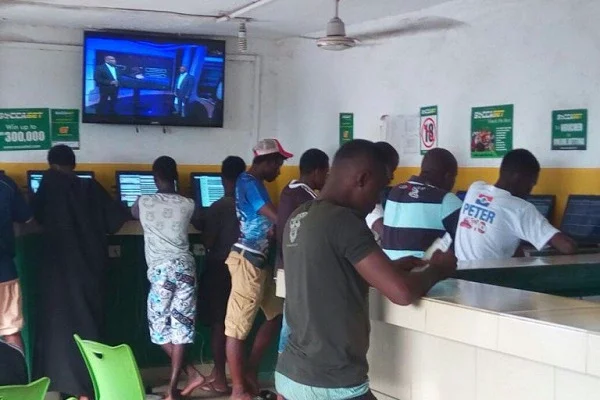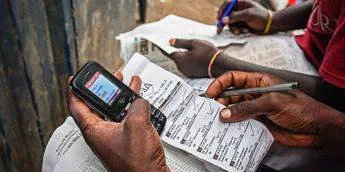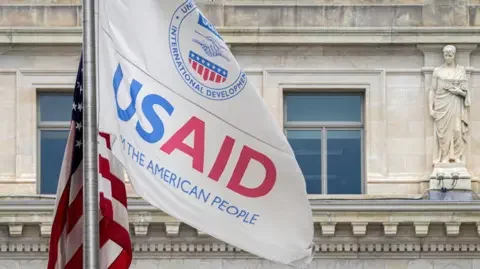
Technological advancements and introduction of new gaming products are responsible for gambling among Nigerian youths, a study has revealed.
The study by between Gamble Alert and Gamban (UK) discovered that the escalation of gambling, particularly among young men underscores the urgent need for prevention.
In the collaborative efforts between the two agencies, a comprehensive study was conducted to assess the prevalence of gambling in Nigeria and the accessibility of treatment services to combat problem gambling.
This trend has raised significant concerns regarding heightened exposure to violence and abuse among individuals grappling with gambling problems.
The Nigerian betting industry, valued at over $2 billion in 2020, has attracted both domestic and international investors.
Offering diverse gaming options such as sports betting, lotto games, and even predictions for national elections, the industry contributes to job creation and government revenue.
However, it also poses substantial risks of addiction, financial strain, and adverse social consequences.
The research, conducted across Nigeria's six geopolitical zones, focused on variables including socioeconomic characteristics, betting activities, gambling harm, and awareness of treatment services.
Notable findings include a concentration of gambling among respondents aged 26-35, followed closely by the 18-25 age group.
Regional disparities, with the North East zone having the highest concentration of punters in the North, and the South West zone leading in the South.
There are influences from external factors such as religious beliefs and peer influence on gambling behavior. Adverse effects of gambling, including lying, skipping school or work, and resorting to theft or illegal activities to finance gambling habits. Financial desperation experienced by 59% of punters, with 70% reducing their spending to accommodate gambling. Psychological toll, with 69% of punters feeling guilty about their gambling and 57% experiencing isolation.
Challenges highlighted in the research include low awareness of available treatment services and skepticism towards self-exclusion measures. Recommendations include, establishing support systems for individuals struggling with gambling addiction, collaboration between the government, gaming industry stakeholders, and organizations like Gamble Alert to address the issue and sensitizing the public about the risks of excessive gambling and promoting responsible gambling practices.
The findings of the research underscore the pressing need to address the mental health repercussions associated with problem gambling in Nigeria.
Urgent intervention is required to establish support systems and promote responsible gambling practices to create a safer and healthier environment for all.

















Comments